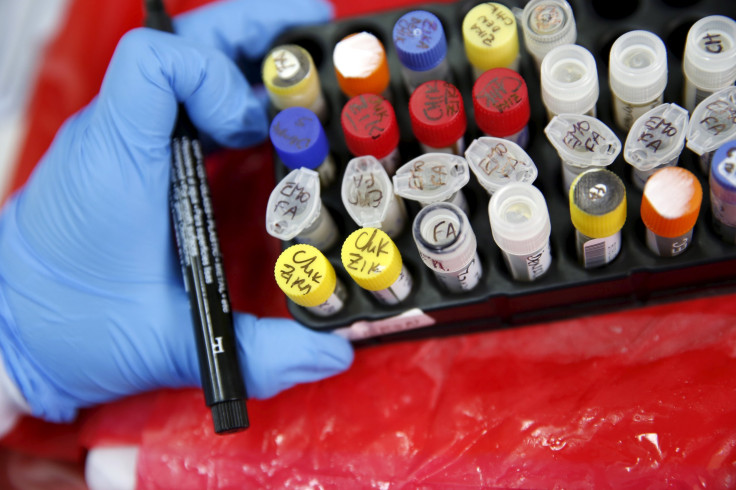US Red Cross Asks People Who Traveled To Zika Virus Areas To Wait 28 Days Before Donating Blood

The American Red Cross requested Tuesday that prospective blood donors who have traveled to places affected by the Zika virus wait at least 28 days before donating their blood, Reuters reported. The “self-deferral” should apply to people who visited Mexico, the Caribbean and Central or South America during the past four weeks.
Earlier this week, the World Health Organization deemed the Zika virus outbreak a public health emergency of international concern, citing an unproved but strongly suspected link between the virus and a birth defect known as microcephaly. The mosquito-borne virus has affected more than 30 countries and territories. Earlier Tuesday, the first known case of Zika virus transmission in the United States was reported in Texas. Local health officials said the illness was likely contracted through sex and not a mosquito bite.
While there is no vaccine for the virus yet, French drugmaker Sanofi SA announced that it has launched a project to develop a vaccine against the virus, Reuters reported. But U.S. scientists have reportedly said that while a vaccine might be ready for testing in two years, it could be a decade before it’s publicly available.
Common symptoms associated with the virus include fever, rash, joint pain and bloodshot eyes, and the illness is typically mild, with symptoms lasting from several days to a week, according to the Centers for Disease Control and Prevention.
© Copyright IBTimes 2024. All rights reserved.






















